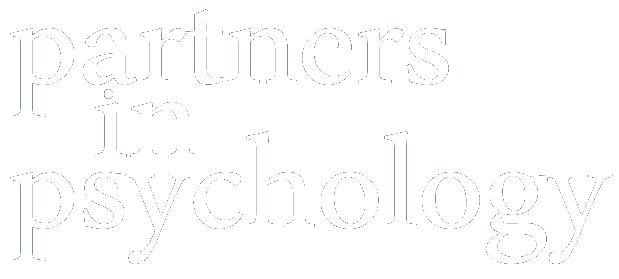Read More:
Marriage Counseling
It really is remarkable how much our sense of fulfillment and purpose in life is derived from relationships that provide trusting intimacy and mutual satisfaction. Marriage and committed relationships carry the greatest promise to provide joy, support, and, most importantly, the feeling of being truly loved. So often, though, our relationships flounder from the start or develop painful flaws over time. Resentment and emotional distance can appear, and conflict can come to seem unmanageable. Almost inevitably, when a relationship is increasingly characterized by resentment, distance and unmanaged conflict, it becomes a source of pain rather than love and security.
Marriage counseling aims to build (or re-build) a satisfying and loving marriage relationship by improving a key set of skills and priorities. Dr. Aber and Dr. Burrows follow the Gottman Method of marriage counseling. This method is derived from the work of John Gottman, a noted researcher into the details of marital interactions and the measurable differences in the interactions of happily married and unhappily married couples. As you read about the components of what Gottman calls the "Sound Marital House", note that he has designed many self-quizzes and exercises for couples to use to gauge the health of their relationship with respect to these components, most of which can be found here: Marriage Counseling Handouts.
Gottman's research indicates that, most fundamentally, a successful couple must have a Deep Friendship. This deep friendship will derive naturally from: 1) Each partner having a solid understanding of the other's inner psychological world (important experiences in their life, current concerns and stressors in their life, their tastes, interests, aspirations, etc.); 2) There being a consistent culture of expressed appreciation, fondness, and respect between the two partners; and 3) Each partner understanding how the other tends to ask for connection and express emotional needs in everyday situations and deciding to consistently turn toward these small "bids" (rather than ignoring or turning against them).
The next fundamentally important feature of a successful marriage is Effective Conflict Regulation. This consists of a reduction in behaviors that tend to escalate conflict (the "Four Horsemen of the Apocalypse": criticism, contempt, defensiveness and stonewalling), and, with problems that are solvable, an increase in the use of the following essential components of problem solving: use of Softened Startups, willingness to Accept Influence from the partner, Repair Strategies and Self-Soothing in the face of momentary escalation, and consistent Compromise.
The final features of successful marriage are: 1) Putting active energy and attention into play, fun, and exploration as a couple and into helping make the Life Dreams and Aspirations of each partner come true; and 2) Creating Shared Meaning together.
Sadly, the stigma toward marriage counseling continues seemingly unabated: 95% of divorcing couples have never tried marriage counseling and couples who do seek therapy wait, on average, six years before making that first phone call. Clearly, far too many couples live for too long with unhappiness.
We want to encourage you to feel optimistic about the chances for you to improve or even 'save' your marriage relationship. The Gottman Method of marriage counseling is common-sensical, practical, effective, and supported by research - a rarity within the hard-to-measure world of psychotherapy.

